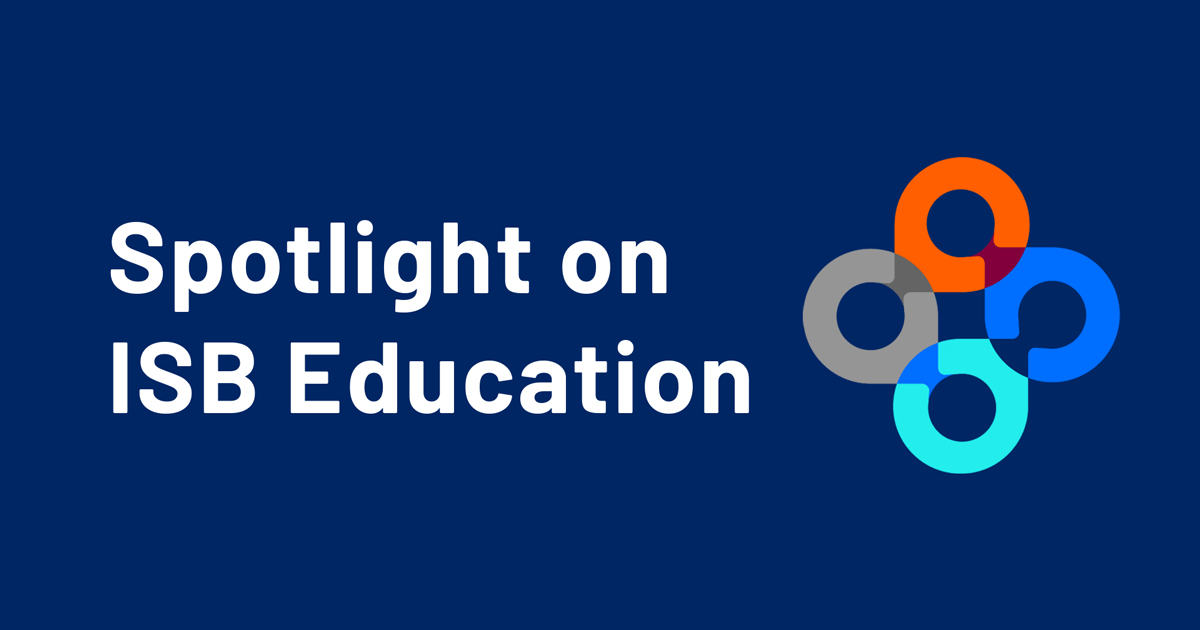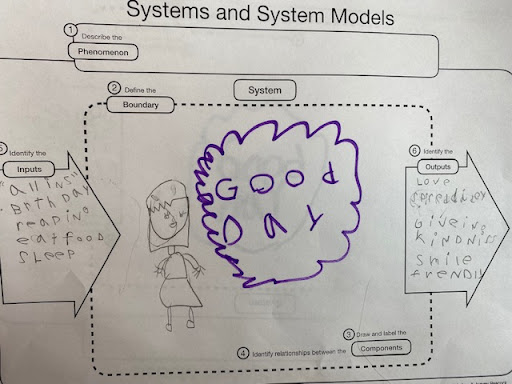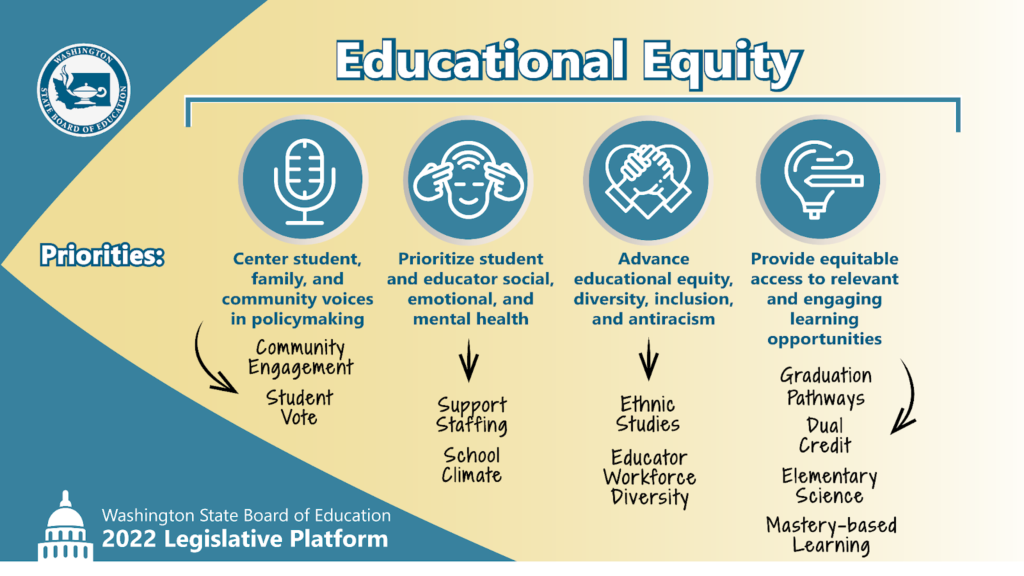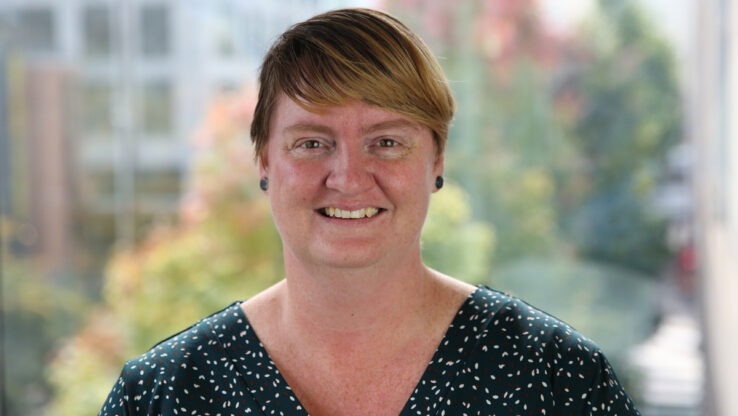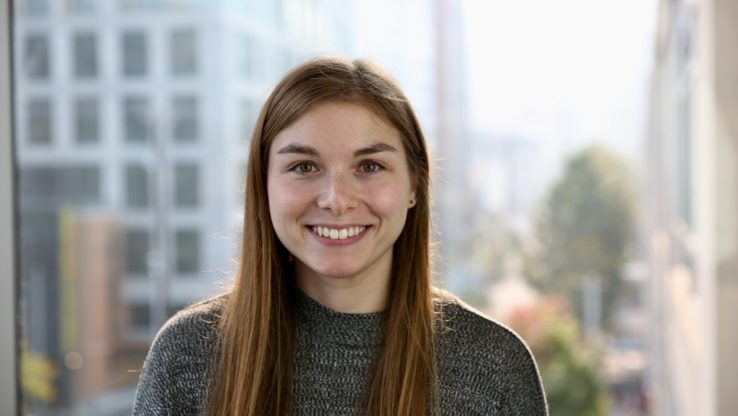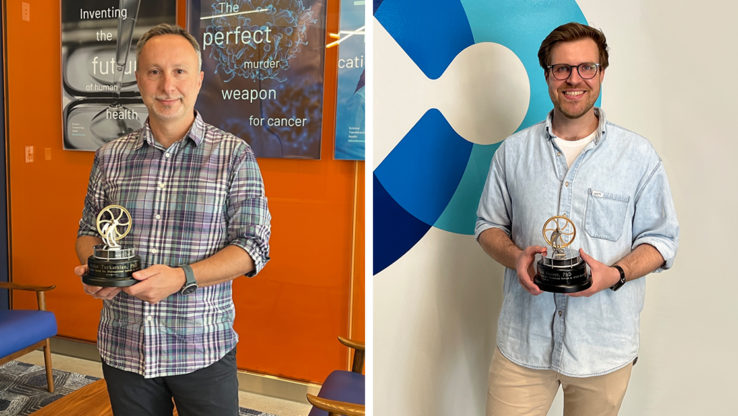Archive: 2021-22 School Year ISB Education Highlights
 logancenter.isbscience.org
logancenter.isbscience.org/2022/05/29/2021-22-school-year-isb-education-highlights/
Each month throughout the 2021-2022 academic year, the ISB Education team highlighted the top projects the team is working on.
June highlights
It’s a wrap! The school year just ended and we are tallying our impacts while turning lessons learned into plans for next fall.
- ISB Educations’s K-12 “ClimeTime” workshops included 10 series ranging from six hours to over two weeks to 24-hours over 3 months. 108 educators participated from 31 school districts.
- Learn more about the state’s ClimeTime program here.
Nearly all ISB labs are hosting undergraduate research interns this summer!
- Nineteen undergraduate students have started full time summer internships over the last month. They will be at ISB for 10 weeks before going back to school. During that time they will participate in research projects, take part in a course focusing on research skills, and experience the ISB community.
- The NSF Research Experiences for Undergraduates financially supports 10 of the interns.
- As part of their introduction to ISB, interns participated in a scavenger hunt that included the task to write a haiku. Here is the resulting poetry:
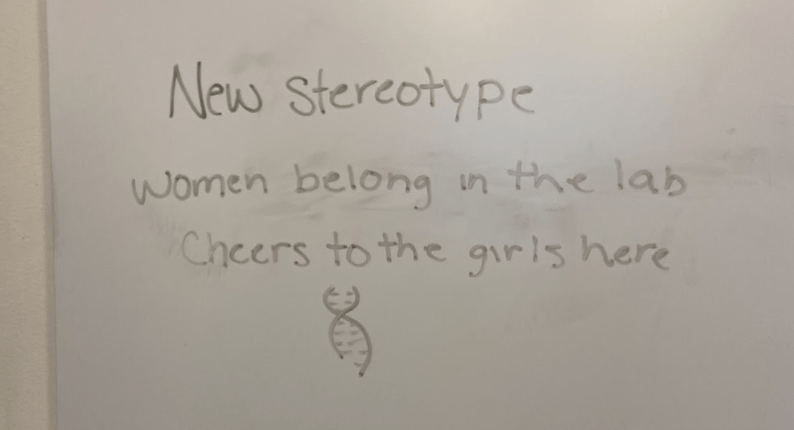
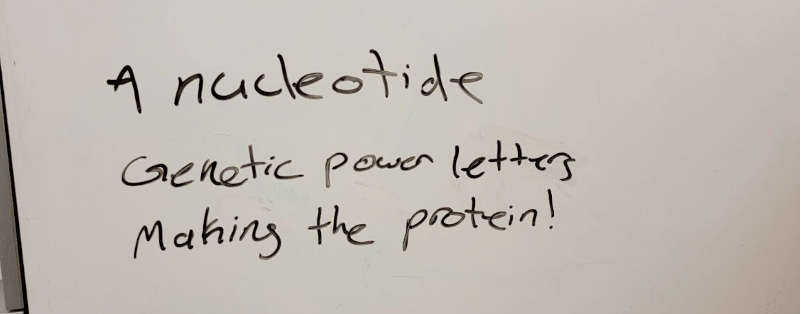
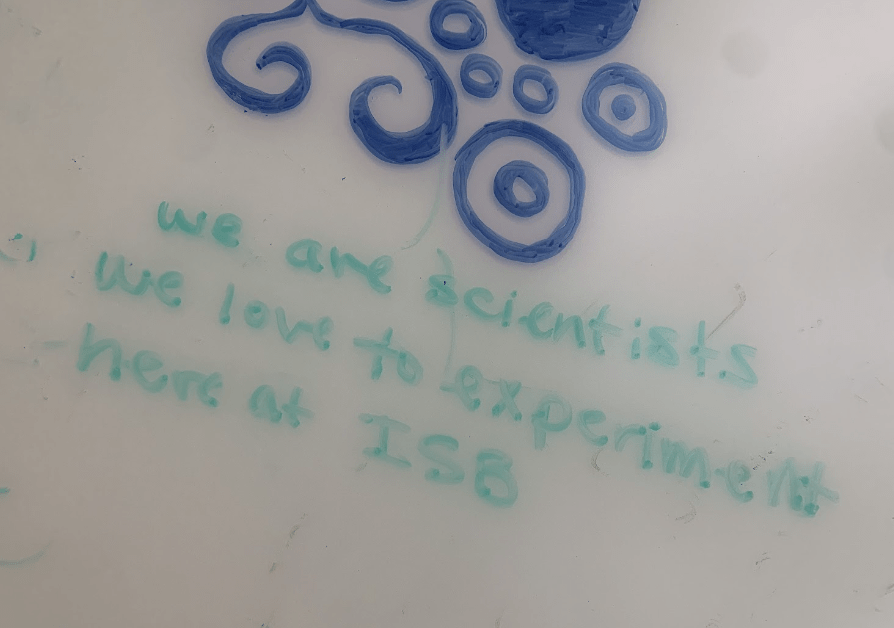
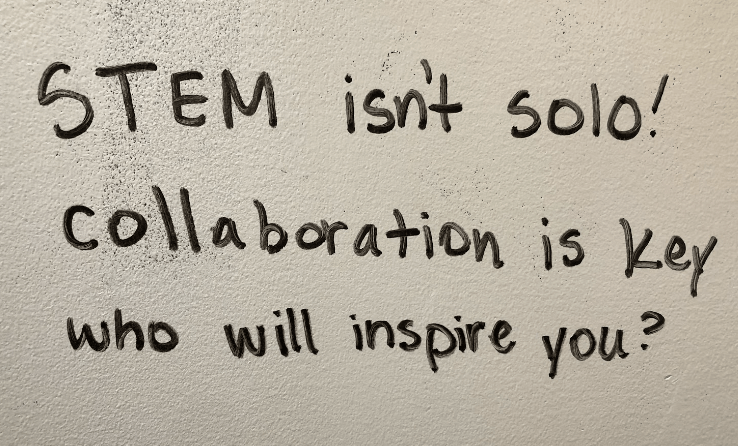
High school students are learning science this summer!
- ISB is running 2 high school courses through the WA Network for Innovative Careers (WANIC) skills center. “Systems Medicine” led by Becky Howsmon, and “Biosystems, Genetic Research & Ethics” led by Barb Steffens
- Both 3-week intensive courses were developed by ISB Education. Rising juniors and seniors enrolled in either class will be eligible to receive high school credit towards graduation.
May highlights
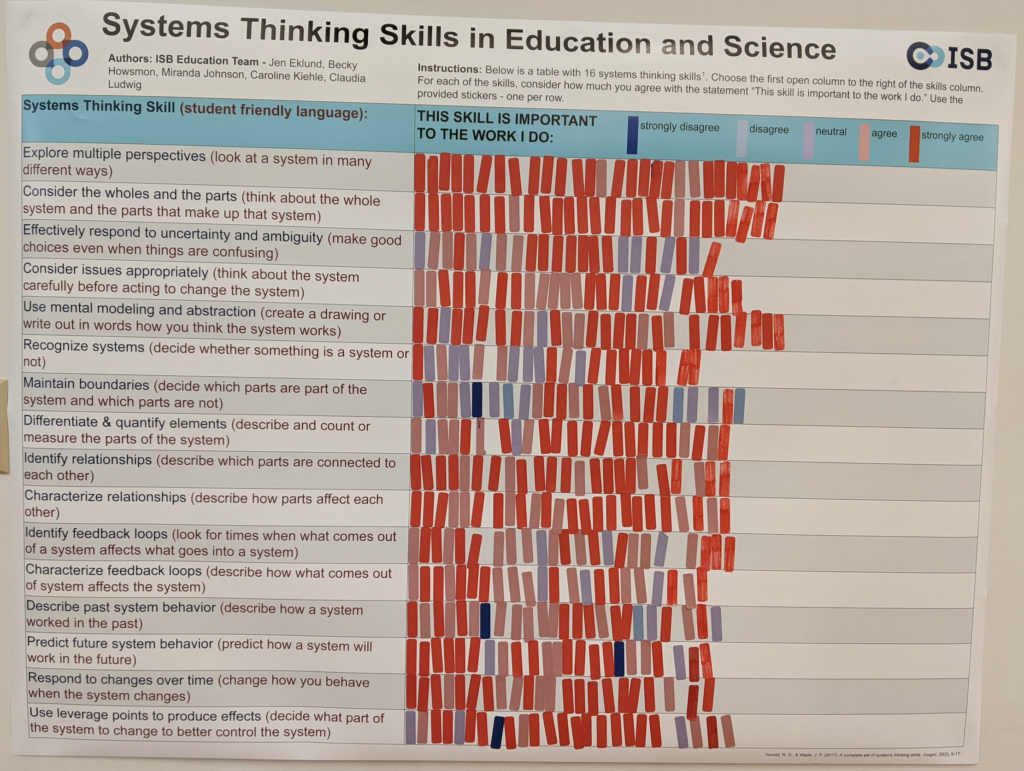
ISB Education leads teachers in exploring data
At this year’s retreat, ISB staff and faculty contributed data on the Systems Thinking Skills used in their work (see image above).
This data was shared with teachers participating in our “Systems Are Everywhere” workshop to highlight the importance of Systems Thinking Skills in STEM fields.
ISB Education is excited to work with teachers to explore the Cross Cutting Concepts – the big ideas of science
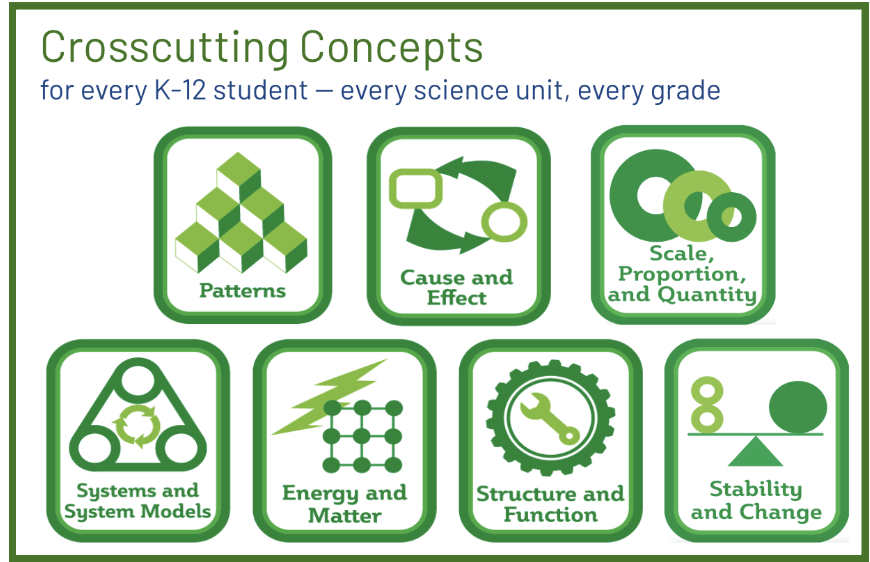
We created a new set of workshops to help K-12 teachers do a deep dive into some of the crosscutting concepts of science. This work is funded by ClimeTime, a state grant. Learn more about ISB’s ClimeTime project.
ISB Education recognizes the contributions of ISB scientists by awarding the JoAnn Chrisman Award for Distinguished Service to STEM Education to Dr. Serdar Turkarslan and the Dr. Christine Schaeffer Award for Exemplary Service to STEM Education to Dr. Christian Diener for the 4th Annual Education Recognition Awards. ISB Education depends on contributions like these for our work with educators and students.
April highlights
ISB SEE welcomed four high school students from the Highline School District into the labs for a total of 20 hours this April.

- This was SEE’s first in-person group of students since March 2020!
- With guidance and expertise from Chris Deutsch, Deep Kaur, Jake Valenzuela, and James Wilson, the students set up and gathered data from experiments with diatoms and Halobacterium.
- This was the on-site portion of a 50-hour internship through the Highline VOICES program. The students will continue their environmental science research through the end of May, culminating in a symposium on May 31 at the Puget Sound Skills Center.
ISB Education is excited to receive three years of funding from the National Science Foundation through their Research Experience for Undergraduates program.
This new grant supports up to 10 undergraduate students to participate in research projects at ISB for 10 weeks every summer. Further, it increases the support ISB is able to provide for its undergraduate research programming. The project team includes Jen Eklund, Chris Lausted, and Jake Valenzuela. Using this new funding as well as existing ISB funding, ISB will host 16 undergraduate interns this summer.
Thanks to funding from the Washington Research Foundation, ISB’s internal Innovator Award Program was able to fund three novel research ideas that cut across disciplines and research groups.
This year, two of the three awards were given to ISB Education projects!
March highlights
ISB Education published a guide for principals strengthening the science/STEM program at their schools.
The article is now part of the popular series of STEM Teaching Tools, where it helps capture the focus of Principles of Science for Principals (P4P) – how the principal plays a crucial part of the school dynamics around actualizing the vision of systemic science instructional growth for K12 educators.
And our article made the list of “7 things to know about quality K-12 science education in March 2022” – you can see the full list here.
ISB Education led professional development workshops to support teams of teachers to implement open educational resources (OERs).
OERs are rapidly becoming commonplace in classrooms across the country and teachers are eager to implement these accessible and adaptable resources with their students. Here are two ways we are supporting teachers to use several OERs now:
- Systems Education Experiences modules: Claudia Ludwig and Miranda Johnson, in collaboration with scientists Monica Orellana (of ISB) and Anne Thompson (of Portland State University), led 11 high school teachers who collectively teach over 1,000 students in nine different schools to implement ISB-developed modules that engage students in current research focused on climate science themes. https://see.isbscience.org/modules/
- OpenSciEd: John Leitzinger, Meg Town and Caroline Kiehle, in collaboration with Angie DiLoretto from Bellevue School District, are currently working with 34 high school chemistry teachers and science coaches from four school districts to pilot a new unit that integrates chemistry and Earth science. They are teaching the unit with 4,500 students this year. This unit will soon be available to be used for free in chemistry classrooms across the country. https://www.openscied.org/about/
February highlights
ISB Education is reaching key benchmarks on our project, “Networks, Measures & Scaling Up.”
-
- Graduation Pathways – Expand graduation pathway offerings so every student can access a pathway that aligns to their High School and Beyond Plan and meaningfully prepares them for their post high school goals.
- Dual Credit – Fully fund dual credit programs so students can participate and earn college credit for free.
- Elementary Science – Ensure equitable access to high quality elementary science learning opportunities.
- Mastery-based Learning – Help school districts expand access to mastery-based learning opportunities for students by addressing barriers and providing incentives and support.
January highlights
ISB Education is excited to launch their first workshop of 2022.
The team responded to school leaders challenged by this chaotic school year by postponing their fall workshop series. They are now working with collaborators to customize dates for many more workshops this spring.
- Systems are Everywhere (K-5 Version) was developed by the ISB Education group. It is facilitated by Jen Eklund and Becky Howsmon, with STEM professionals from the ISB SEE video collection, “Systems Thinkers in STEM.” Learn more and access resources here.
- The series has two parts: (a) two workshops about learning to use the ISB SEE module called “Systems Are Everywhere” to weave the three dimensions of science learning into any district’s core science unit or project; and (b) classroom implementation and gathering evidence of student learning. Learn more about the units here and more upcoming workshops here.
ISB Education is looking forward to hosting high school and undergraduate interns this summer – application process is open
- Last year, the team received 575 applications for the high school program and 305 applications for the undergraduate program.
- This year, we are piloting an Environmental Systems in the Outdoors Research Experience, where 6-10 local high school students will work together to perform environmental STEM research at Seattle-area outdoor field locations with ISB educators and scientists.
- Learn more about our high school and undergraduate opportunities here.
ISB Education sends out a heartfelt thank you to 2021-22 funders and partners.
The team feels incredibly fortunate to have an active group of partners supporting this year’s efforts.
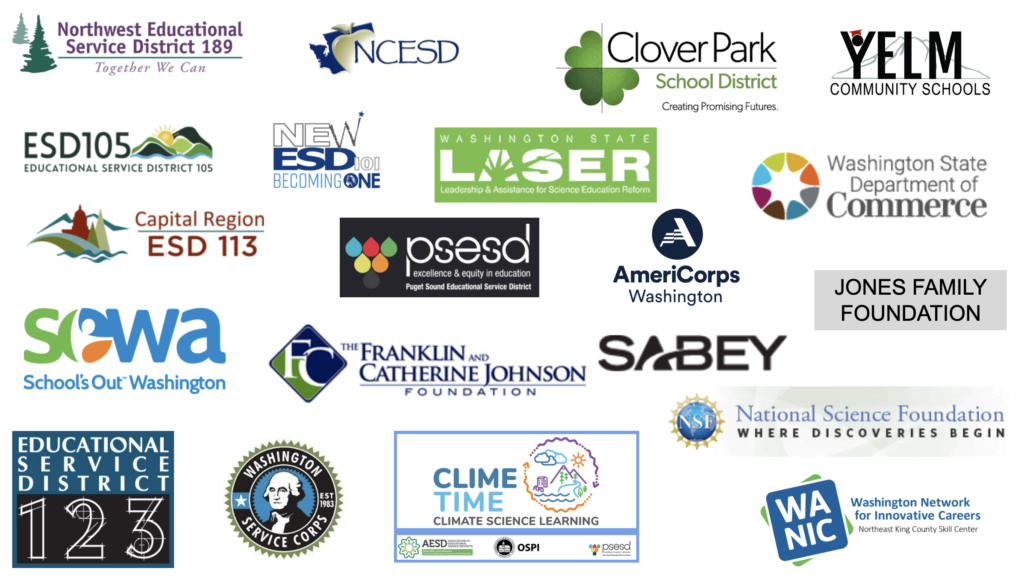
Douglas Howe & Robin DuBrin
Jennifer Hadlock
Laurie Black
Christine Schaeffer
Dee Dickinson
Aron & Sara Thompson
Gil Omenn & Martha Darling
Chris & Barb Moe
Terry Bergeson
Hui Hong
Mary & Arne Anderson
Suzie Burke
Carl & Carole Scandella
B Lippitt
Ann Eklund
Marne Anderson
Electa Anderson
Ben Roberts
JoAnn Chrisman
Michael Walker
Darla Thomas-McGarry
Serena & Paul Swegle
Elizabeth Schneider
December highlights
ISB’s end-of-year fundraising appeal highlighted the direct education impacts from the 2020-2021 school year (see image above). These numbers represent the work our educators completed directly with students, teachers, leaders, and partners. The indirect impact can be a multiplicative factor reaching many thousands this year alone.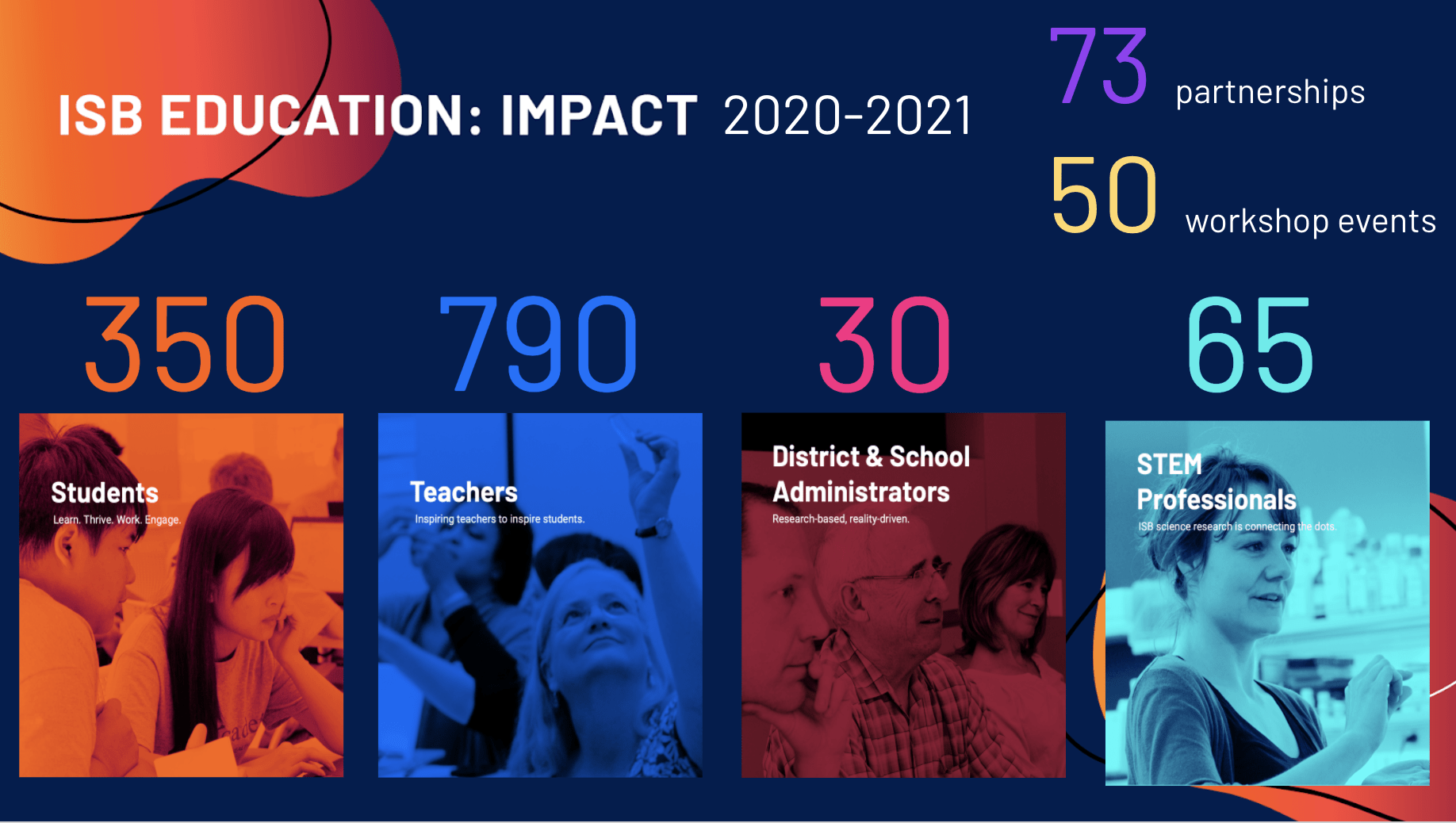
ISB Education is honored to be acknowledged as a strong industry partner for Seattle Public Schools’ CTE programs.
- Career and Technical Education (CTE) programs provide middle and high school students with the opportunity to explore careers and learn 21st century, academic and technical skills. CTE programs are offered in schools and skills centers around Washington state and nationally.
- ISB Education is on the Health and Human Service CTE Advisory Committee for Seattle Public Schools (SPS),providing industry insight on current trends in biotech, and health research.
- ISB’s contributions were highlighted on the SPS CTE Newsletter for November 2021.
ISB Education is excited that its new Systems Medicine high school course will be included in Seattle Public School’s new Allied Health and Medical Pathways CTE program
- CTE Graduation Pathways are a series of connected courses that allow students to explore careers while earning dual college credit and industry-related credentials.
- A new Allied Health and Medical Pathway program was launched by SPS in 2019 and is available to students at six Seattle high schools: Franklin HS, Rainier Beach HS, Garfield HS, Lincoln HS, Chief Sealth International HS, and Nathan Hale HS.
- The Systems Medicine course is a full year CTE course for high school students to learn principles and practices of systems medicine. This course will be the culminating course in the pathway program with implementation beginning Fall 2022.
ISB’s systems approach to science research is being applied by the Education group, too. On November 17, ISB Education was pleased to help present a session at Washington STEM’s annual summit, “Systems Partners in Science/STEM Equity.”
November highlights
ISB Education showcases exemplary high school students and their self driven-projects.
- Since February 2021, ISB has worked with over 200 high school students through our Systems Thinkers in STEM Ambassadorship (STiSA). In November, we launched an online showcase that will feature over 50 of these student ambassadors.
- Learn more about the showcase, the ambassadors, and their projects on our website. Follow along every Tuesday and Wednesday via #STEMsystemsthinkers, the website, Facebook, Instagram, and Twitter through June 2022.
ISB Education was honored to help plan and deliver E3 Washington’s conference.
- E3 Washington – Educators for Environment, Equity, and Economy – is the state’s professional association for environment and sustainability educators and a longtime partner of ISB.
- ISB educators have helped plan and host E3 Washington’s annual conference since 2019.
- Learn more at https://www.e3washington.org/conference
ISB Education proudly shared ISB’s new video shorts with colleagues.
- Each short video describes an idea – for example, ISB’s biobank or the skinny on probiotics.
- We shared these resources with local teachers and industry partners at the Puget Sound Biotechnology Advisory Committee, with our social media followers, and through our curriculum modules.
- Watch them at https://www.youtube.com/user/ISBSystemsBiology
October highlights
ISB Education supported the implementation of a series of quantitative activities as part of ISB’s National Science Foundation – Research Coordination Network Incubator Project: Networking Systems Biologists with Community College Educators
- Dr. Jen Eklund and Claudia Ludwig worked with ISB Scientists Drs. Christian Diener and Sean Gibbons and Community College Educators Dr. Gita Bangera of Bellevue College and Kim Harrington of Tacoma Community College, to support 10 community college faculty to engage with contemporary quantitative biological methods and design activities to implement in the biology majors course series. Each activity focuses on an authentic dataset and supports students to develop a variety of skills.
- The activities will be implemented in CC bio courses throughout the 2021-22 academic year.
- More at: https://www.nsf.gov/awardsearch/showAward?AWD_ID=2019088
ISB Education participated in a National Academies event titled “Taking Stock of Science Standards Implementation: A Summit”
ISB Education presented exciting updates on Systems Medicine high school education modules
- Dr. Becky Howsmon presented the latest research, resources, and field test results at ISB’s weekly Research in Progress series on October 20, 2021.
- This led to new ideas and insights from ISB researchers that will collectively advance the four modules within the Systems Medicine course and curriculum.
ISB Education was thrilled to see our colleagues in the Gibbons Lab achieve success as they hosted their 2nd annual Microbiome symposium
- ISB hosted a two-day course on October 13 and October 14, followed by a symposium on October 15. A record 2,187 people from 46 states and 80 countries participated.
- Watch videos of the three-day event and learn more at https://isbscience.org/microbiome2021/.
September highlights
ISB Education designed a series of ClimeTime workshops for K-12 science/STEM educators
ISB Education welcomed an AmeriCorps Member
- Miranda Johnson (AmeriCorps/Washington Service Corps) began September 16th and is working with 200 high school Systems Thinkers in STEM Ambassadors. A number of them are designing and implementing environmental stewardship projects in their schools and communities.
ISB Education formed the Puget Sound LASER Alliance
- LASER is Leadership and Assistance for Science Education Reform, a statewide network of science/STEM leaders.
- ISB is the lead organization after merging two LASER Alliances into one science leadership network that serves this region’s ~40% of the state’s schoolchildren.
- John Leitzinger is the Puget Sound Alliance director (contractor with ISB Education, recently retired from leading STEM for the Tacoma school district.
- Caroline Kiehle is a statewide LASER co-director
- Learn more about LASER


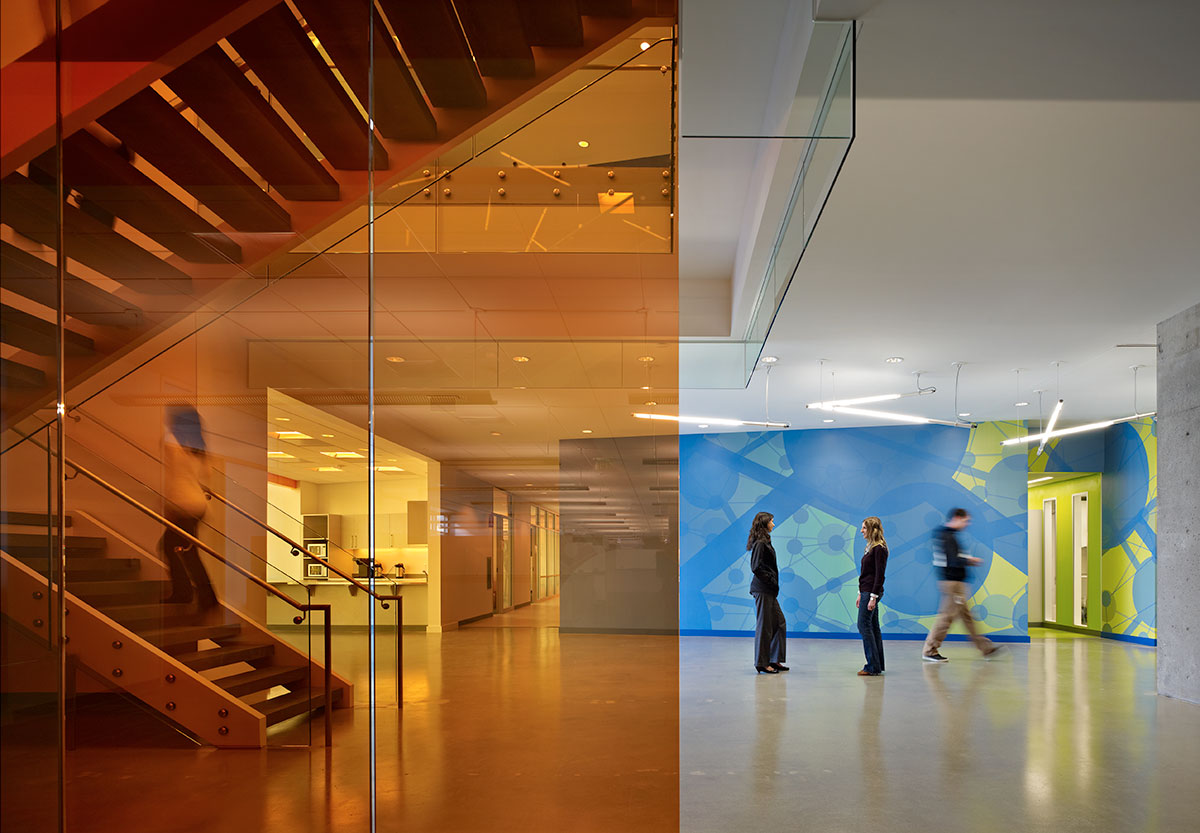
 logancenter.isbscience.org/2022/05/29/2021-22-school-year-isb-education-highlights/
logancenter.isbscience.org/2022/05/29/2021-22-school-year-isb-education-highlights/